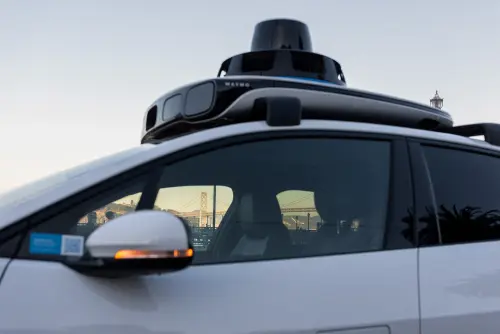Alphabet's self-driving unit Waymo announced its plans to launch a fully autonomous ride-hailing service in Washington, D.C., next year. The company began relocating vehicles to the capital in January and will increase its fleet in the coming weeks as it prepares to initiate paid commercial services.
Waymo aims to collaborate closely with policymakers to establish the necessary legal framework for operating without a human driver, as current regulations in Washington, D.C., do not permit fully autonomous operations.
Waymo One, the company’s ride-hailing service, currently facilitates over 200,000 paid passenger trips weekly across San Francisco, Phoenix, Los Angeles, and Austin, following more than 4 million paid trips in 2024. The service plans to further expand into Atlanta and Miami before arriving in Washington, D.C.
Given that the U.S. capital houses federal regulators and lawmakers, both automakers and tech companies are advocating for increased government involvement.
In October, Waymo reported the completion of a $5.6 billion funding round led by Alphabet, facilitating its expansion of the autonomous ride-hailing service amidst safety concerns from regulators.
The National Highway Traffic Safety Administration (NHTSA) launched an investigation in May after receiving reports of Waymo’s robotaxis engaging in potentially unsafe driving behavior, including 17 collisions. Several incidents involved crashes with visibly apparent objects.
Waymo faced a recall last June after one of its driverless cars collided with a wooden utility pole in Phoenix, followed by a software update aimed at improving the vehicle's detection response. In February 2024, Waymo addressed two minor collisions in Arizona attributed to a software error that affected the vehicles' ability to accurately predict the movement of a towed vehicle.
In its latest announcement, Waymo indicated that from collision data collected over more than 50 million rider-only miles, its vehicles were involved in 81% fewer injury-causing crashes compared to an average human driver.
